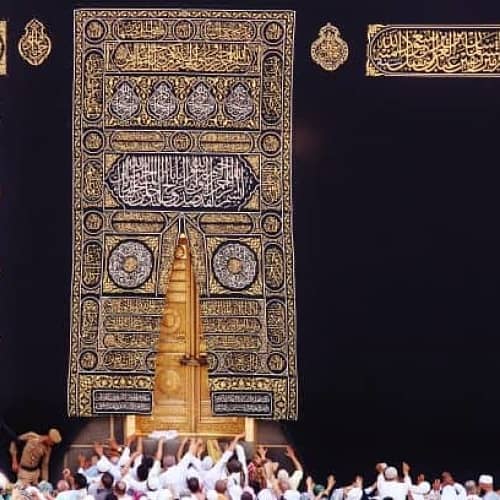Muslim Humanitarianism – short MUHUM – is a platform that seeks to foster debate on the complex relationship between charity, philanthropy, humanitarianism, development and Islam.
In anthropological and historical discussions about the emergence of humanitarian thought much emphasis is put on the global, and often violent, spread of “originally” Christian or Western ideas. This approach is countered by studies that underline the existence of alternative humanitarian genealogies that are rooted in the religions and philosophies of non-Western societies. Yet to what extent do such broad civilizational classifications withstand the force of fine-grained ethnographic and historical investigation? Which political and ideological positions exert influence on the existing takes on humanitarianism? And how – methodologically and theoretically – might one approach the concerns at hand?
Taking the perspectives of anthropology and history MUHUM invites fresh contributions on Muslim humanitarianism, development, philanthropy and charity, on how Muslim institutions, networks and individuals negotiate these concepts and on how they thereby foster manifold social, spatial and material transformations.
Contributions to MUHUM should aim to engage with a broad audience of scholars, activists and practitioners and can include text and/or visuals, snippets from the field and reviews of newly published works (max 800 words). For those interested in submitting material please get in touch with till.mostowlansky [at] graduateinstitute.ch
MUHUM is run by Till Mostowlansky, Research Fellow at The Graduate Institute of International and Development Studies Geneva. MUHUM is linked to Till’s research project “Genealogies of Development: Shia Muslim Giving Across Asia” which is funded by the Swiss National Science Foundation. If you would like to find out more about “Genealogies of Development” please click here.




